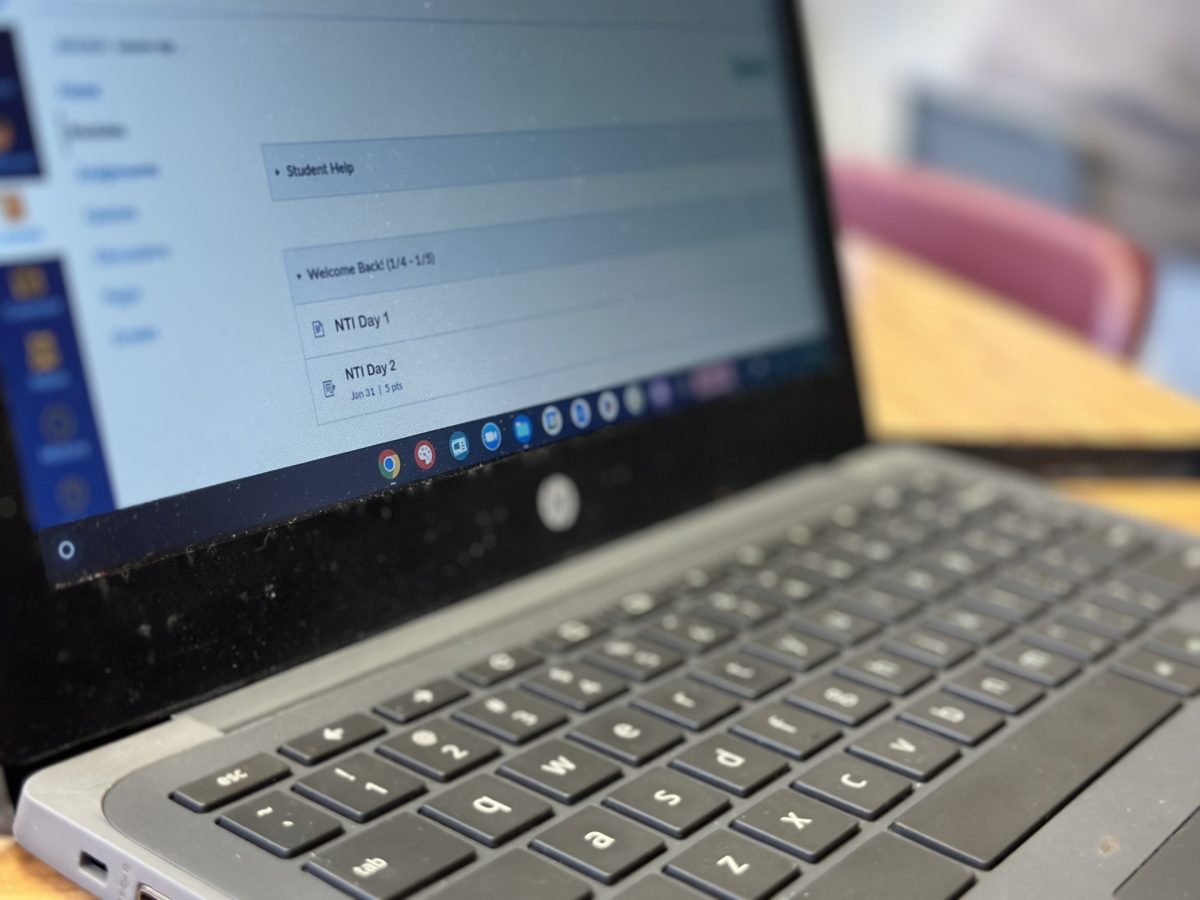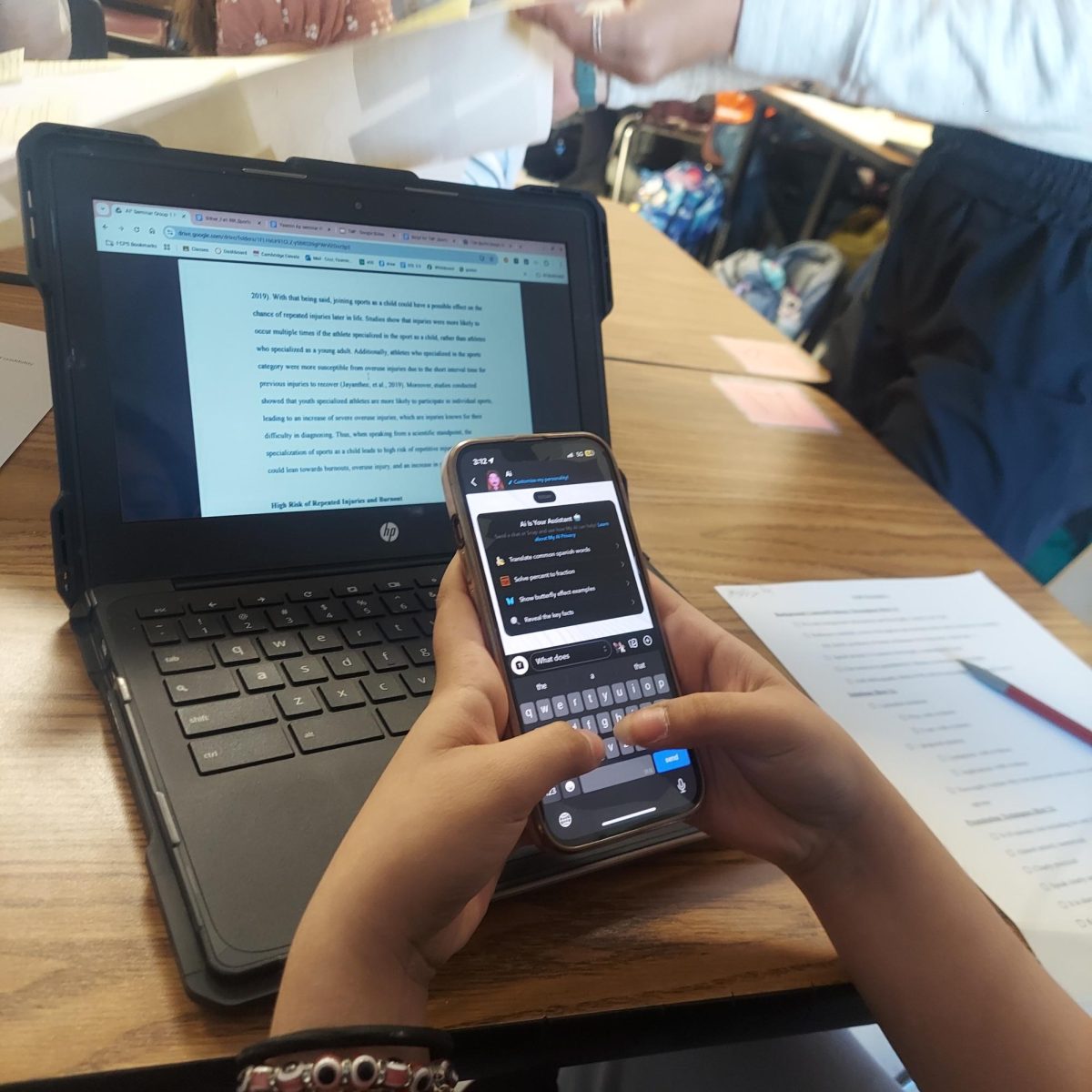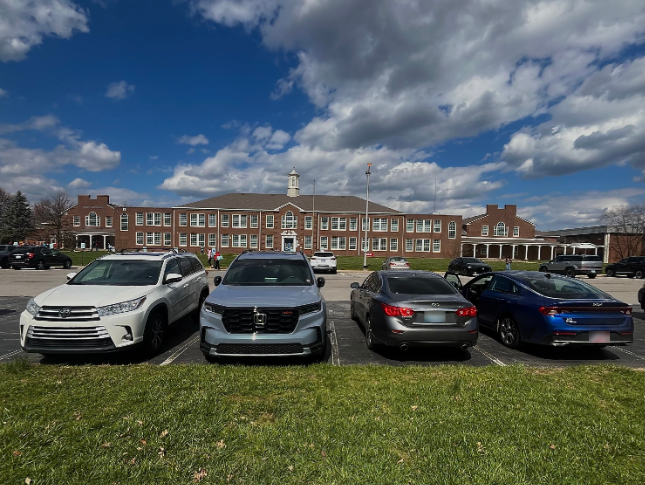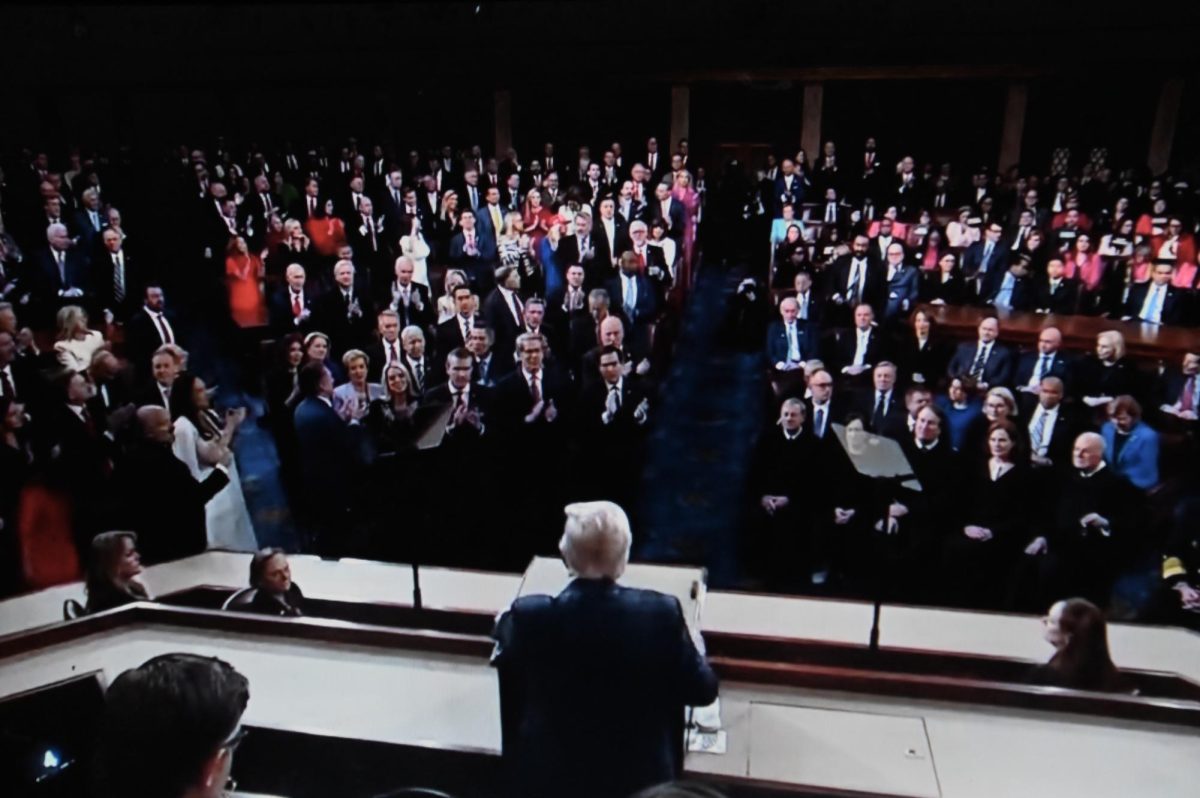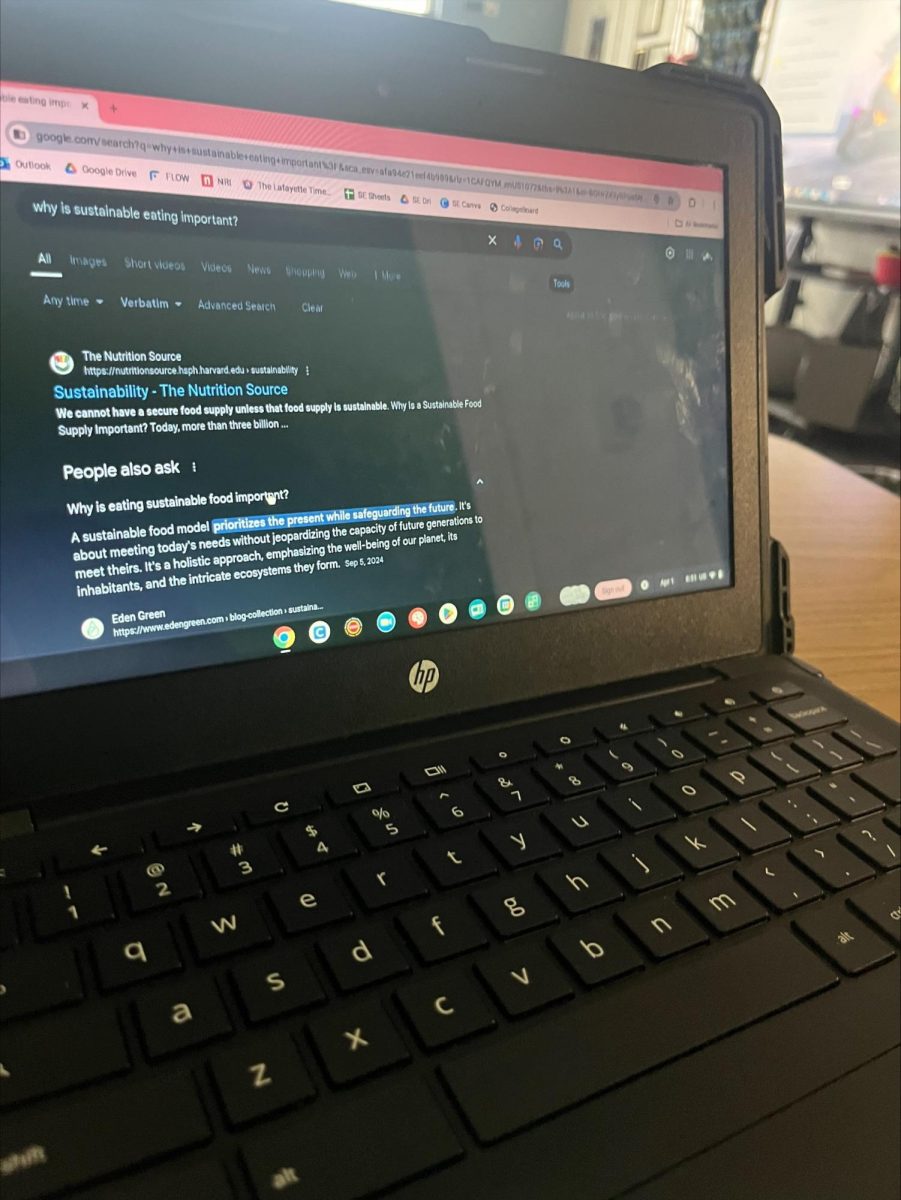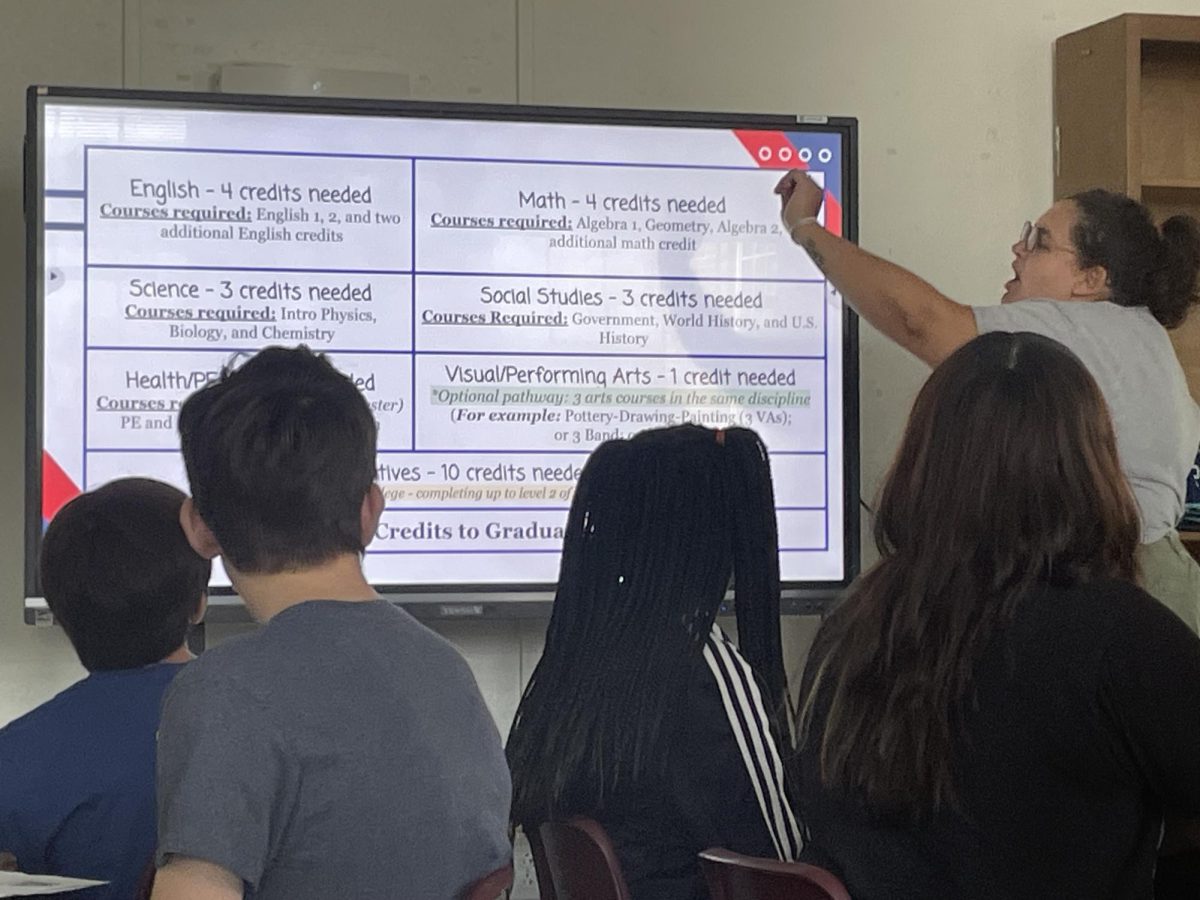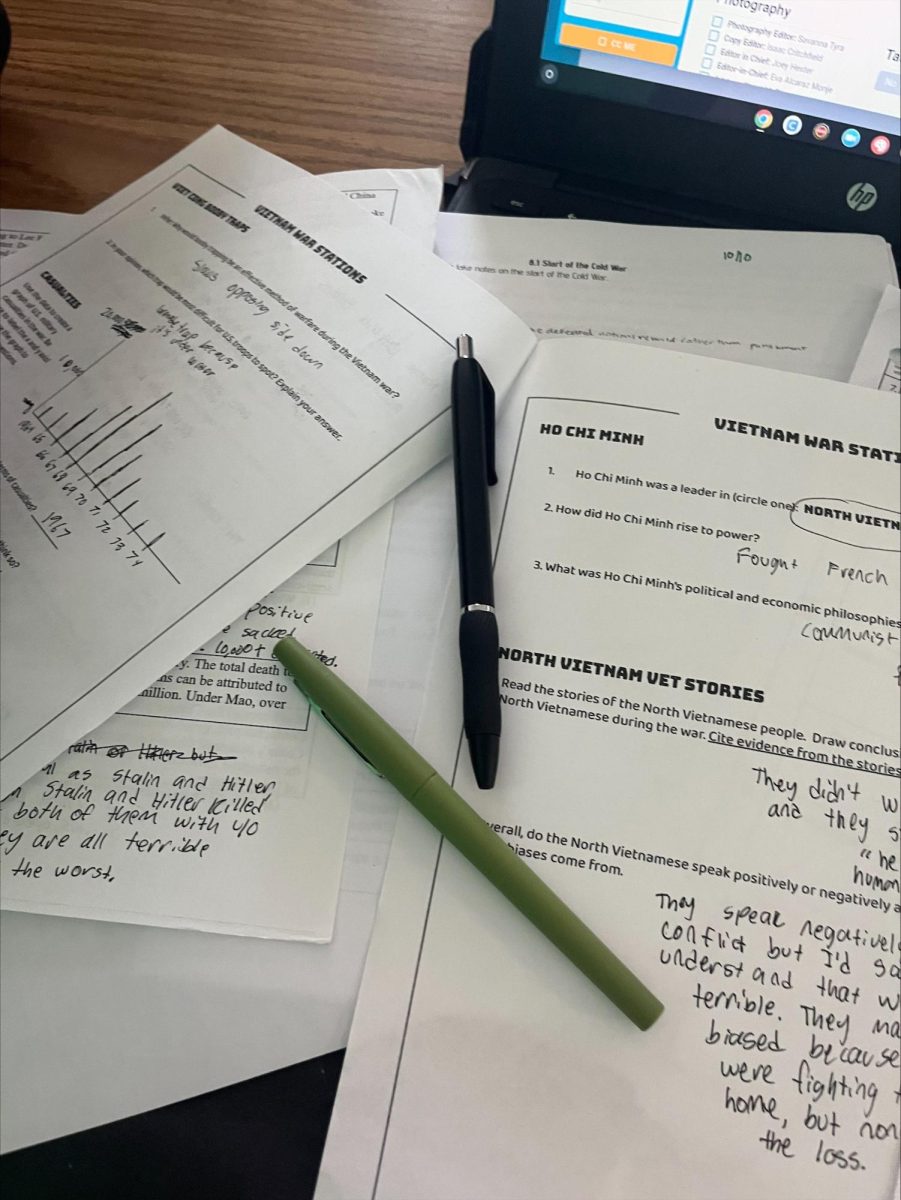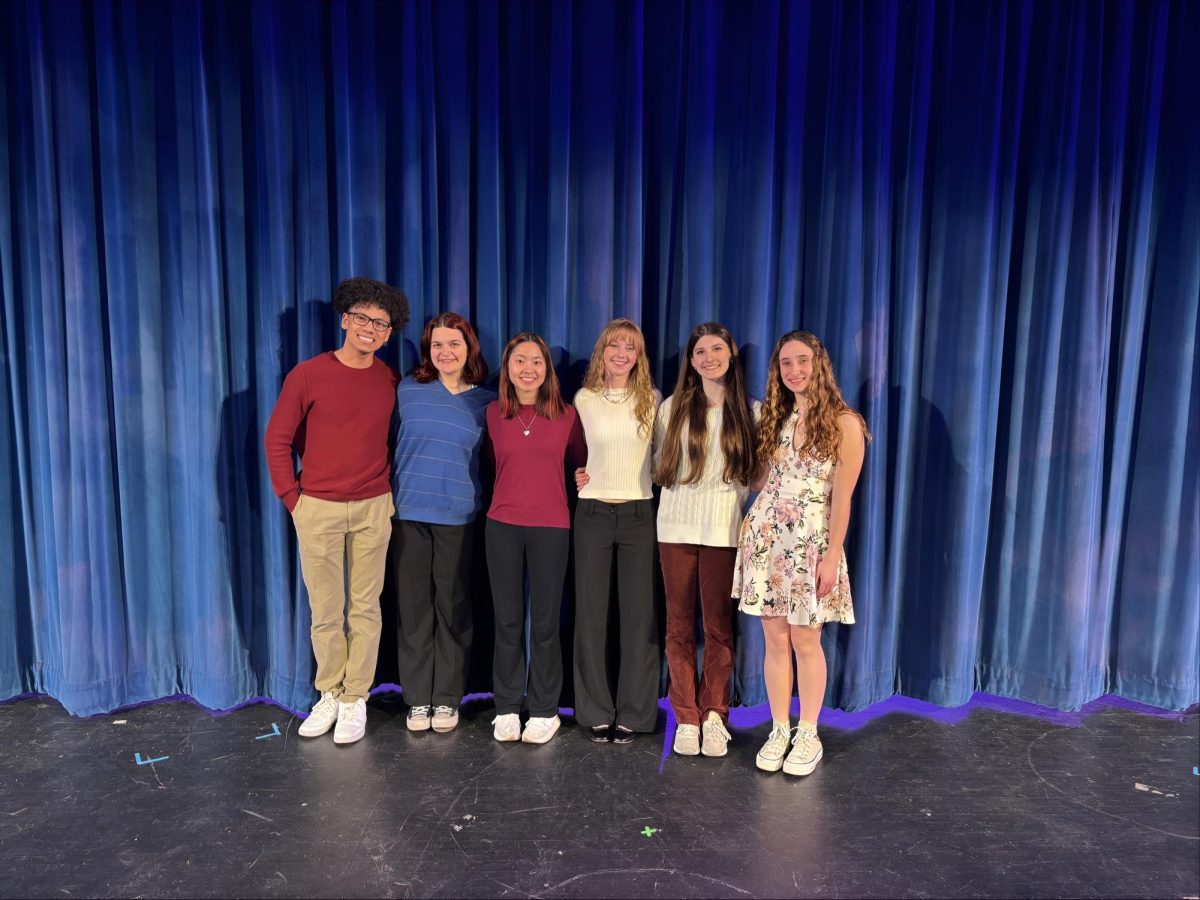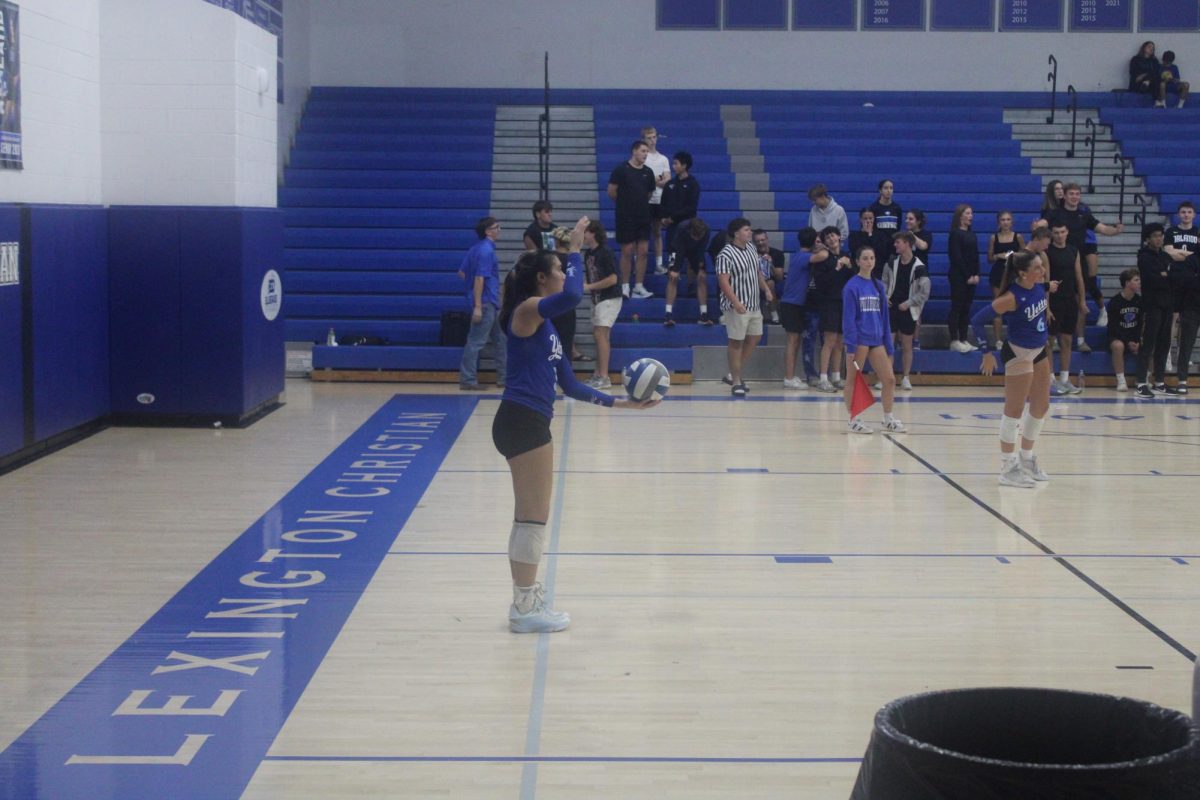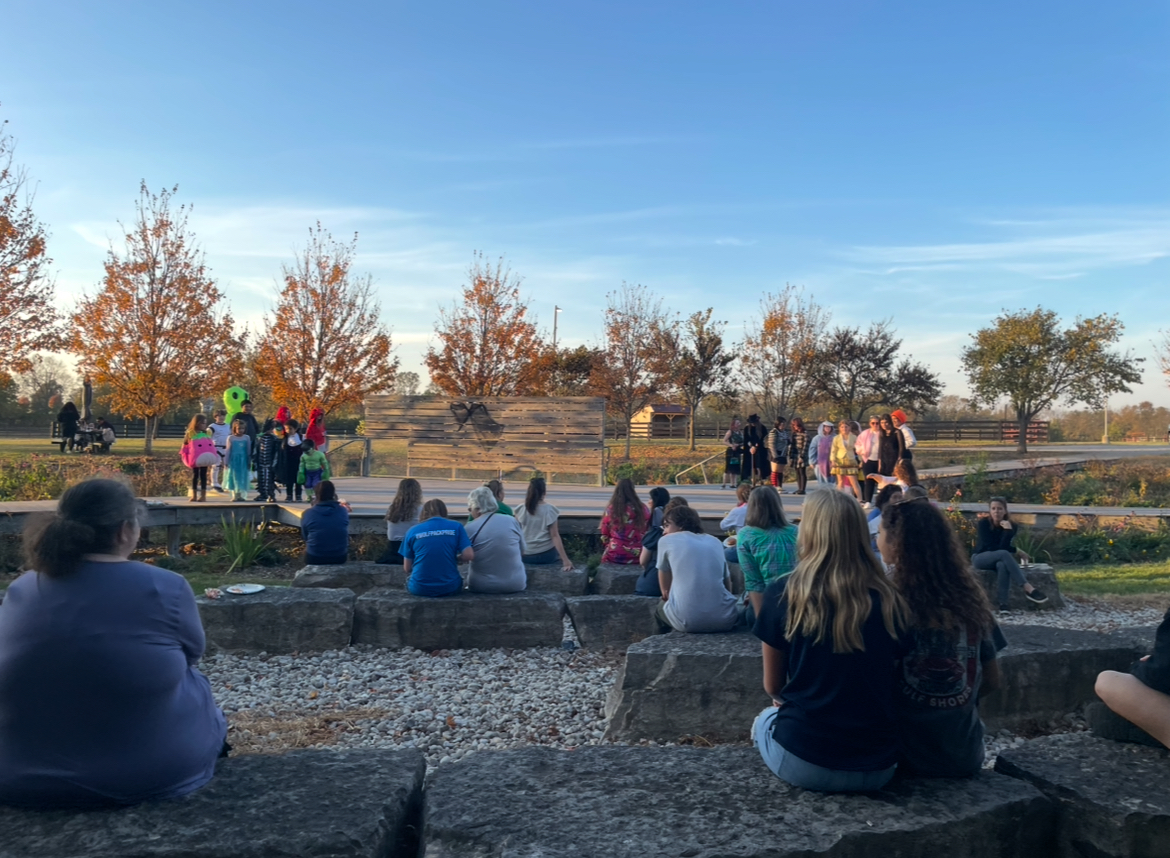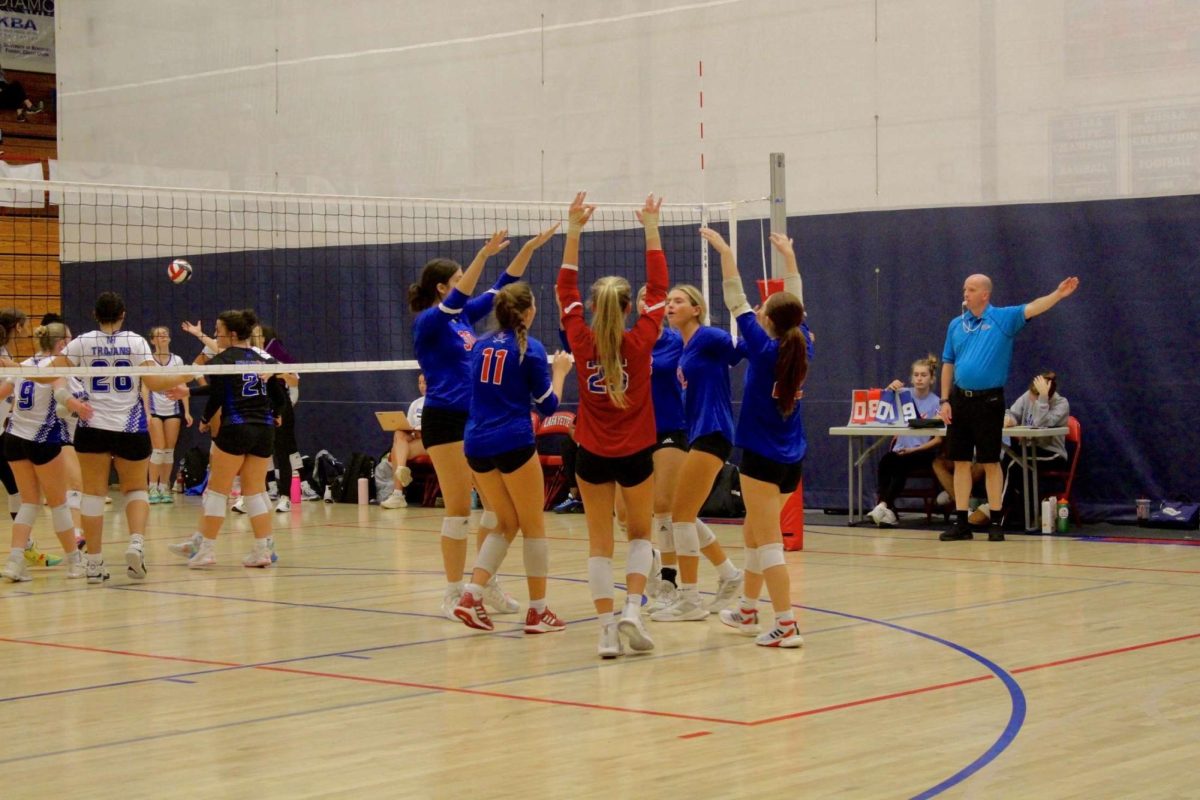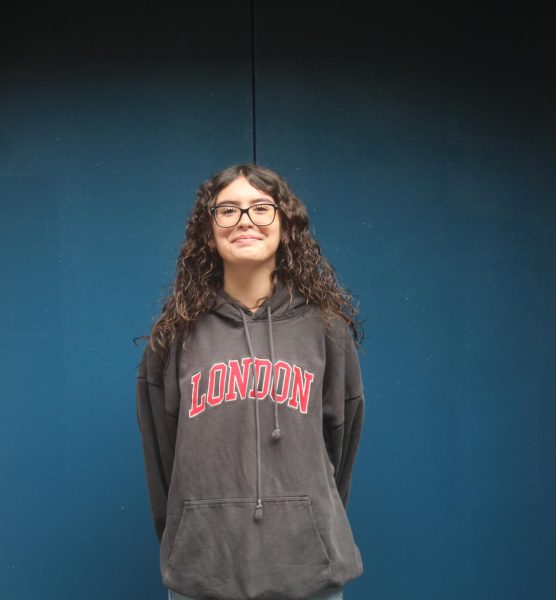Do you remember the elementary school days when you would wake up to find snow on the ground and discover that school had been canceled? This experience is still deeply cherished by kids and adults everywhere. However, in the wake of the COVID-19 pandemic, schools across the United States have devised a way to continue school, even on days with inclement weather. They have dubbed this new form of education as NTI, or Non-Traditional Instruction. During these instructional days, teachers will send work to students online so students can complete their work from their homes. This school year, Fayette County has changed its snow day rules and will, from now on, try to have only NTI days instead of snow days.
Many parents are unsure of the difference between snow days and NTI days, and for good reason, as they are both very similar. A traditional snow day is when students stay home from school due to the harsh road and weather conditions. These days, students are not required to complete any work but must make up for the missed day at the end of the school year. NTI days are when students stay home from school but must complete online work to be counted as present for that day of class. NTI days, unlike snow days, are counted as school days on the educational calendar, meaning students and teachers will not be required to make up the day at the end of the school year. NTI days may be called for various reasons, including harsh winds, extreme temperatures, or other extreme weather events.
The Times polled 50 students who preferred snow days and NTI days, and our results were very mixed. Twenty-seven students said that they preferred regular snow days over NTI days. The majority of students, in this case, said they preferred to have no work on their day off and wished for a total break even at the expense of an extra day at the end of the year. However, many students prefer NTI days as the work given by non-AP and advanced classes on these days is usually some kind of review, and even though AP classes are not required to abide by this rule, many students in these classes report that their workload was still significantly reduced.
Many schools and districts have sided with NTI days over snow days to avoid having any extra days at the end of the school year as well as to keep students up to date with their learning in school. A new study conducted by Harvard Kennedy School Assistant Professor Joshua Goodman finds that, unlike popular belief, snow days do not impact student learning. He finds that keeping schools open during a storm is more detrimental to learning than just a school closure. This shows that NTI is a valuable tool to use in inclement weather and can keep students refreshed on what they need to know.
NTI is an adequate solution to inclement weather days and helps negate the problem of adding days to the school year after missing, and though snow days will be missed, the exchange for a more extended summer may be worth it. Thank you to all who participated in our survey, and we hope that everyone stays warm and safe during these winter months.

